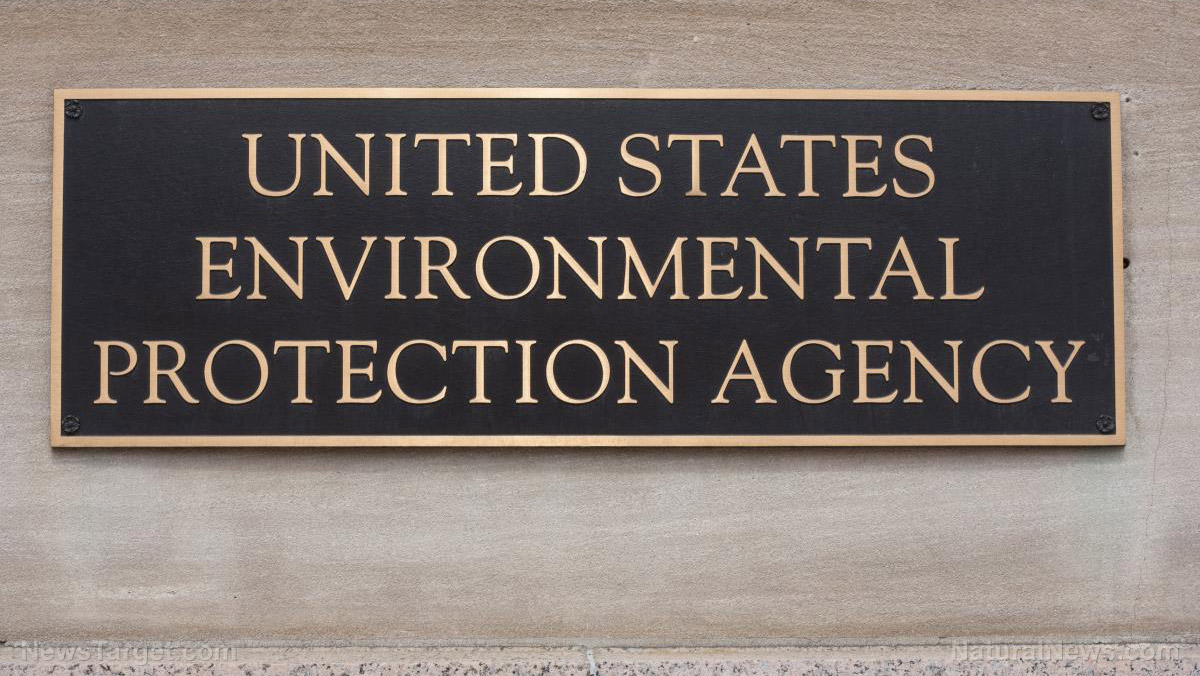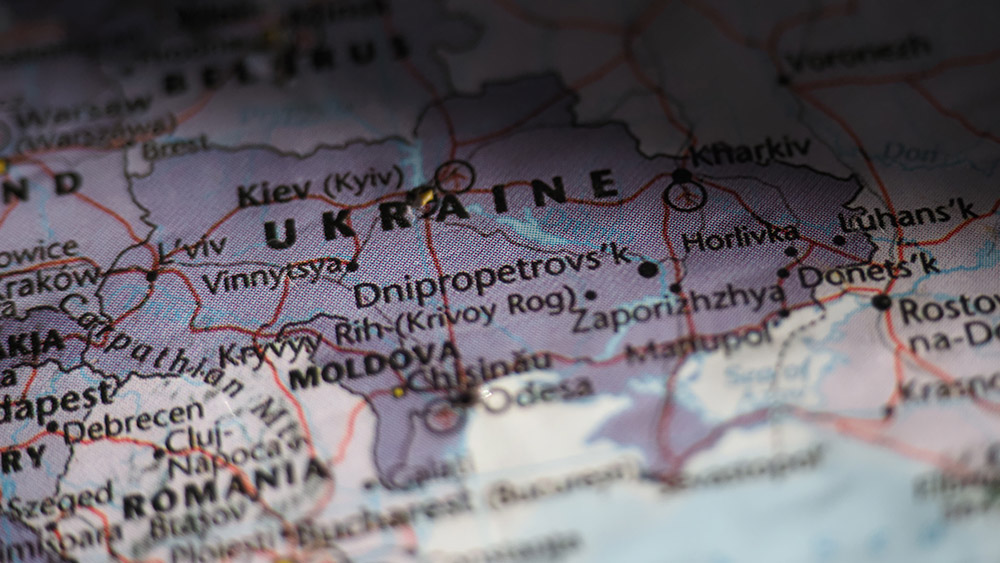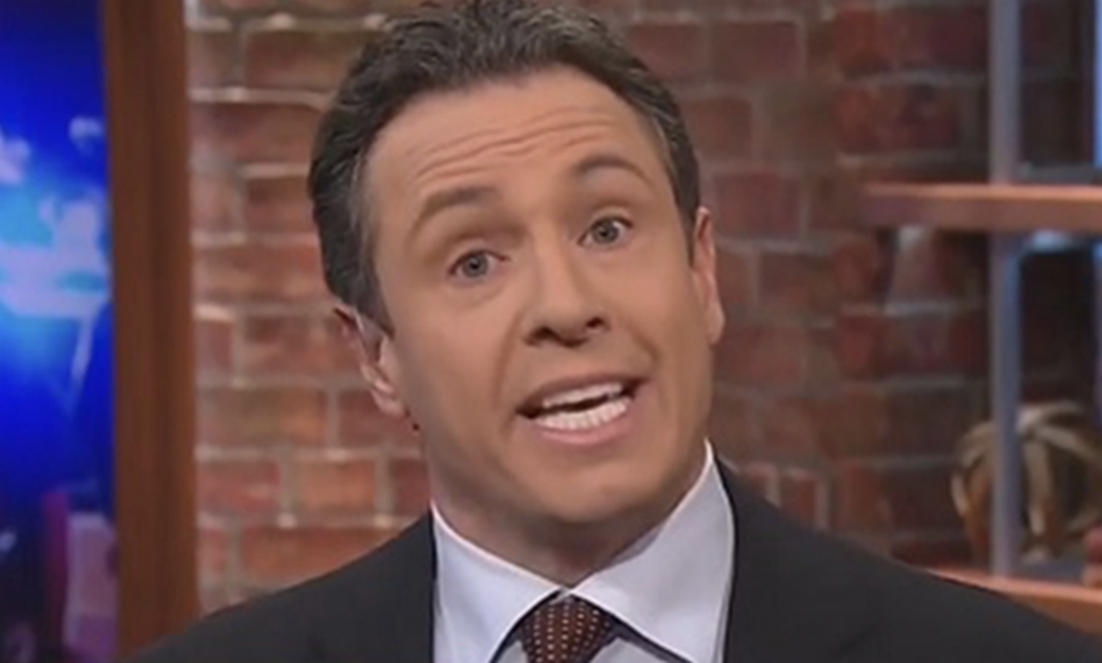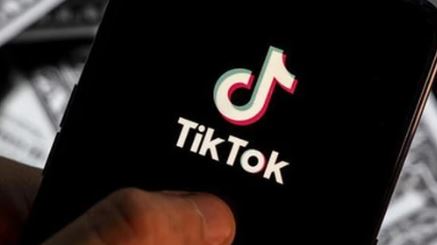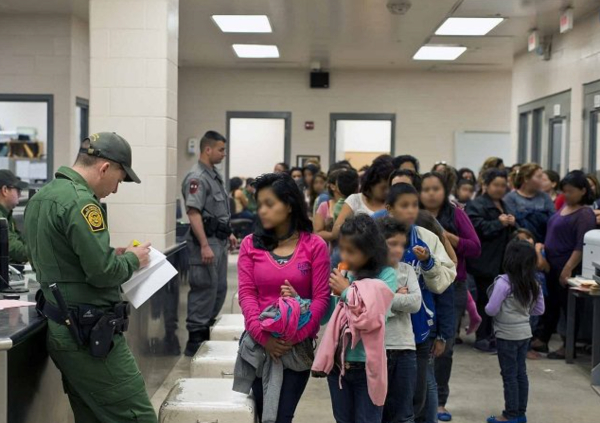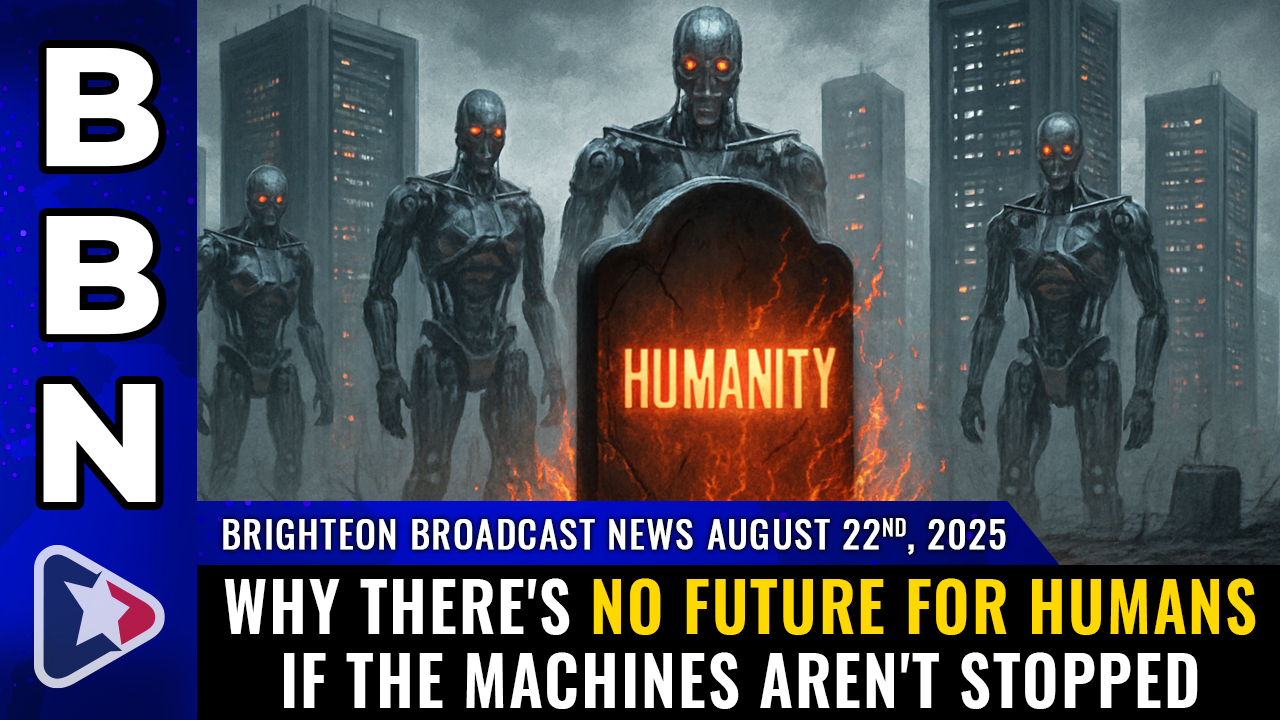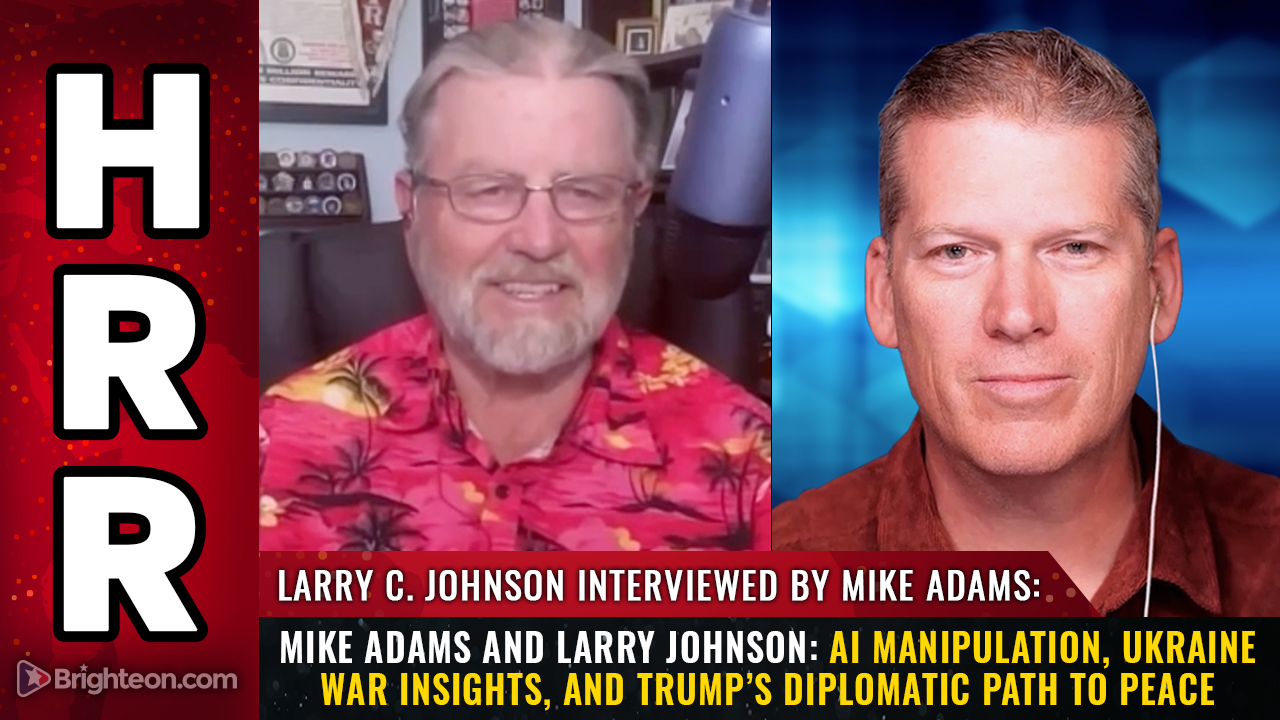Reuters exposed: Staff revolt over pro-Israel bias in Gaza genocide coverage
08/22/2025 / By Cassie B.
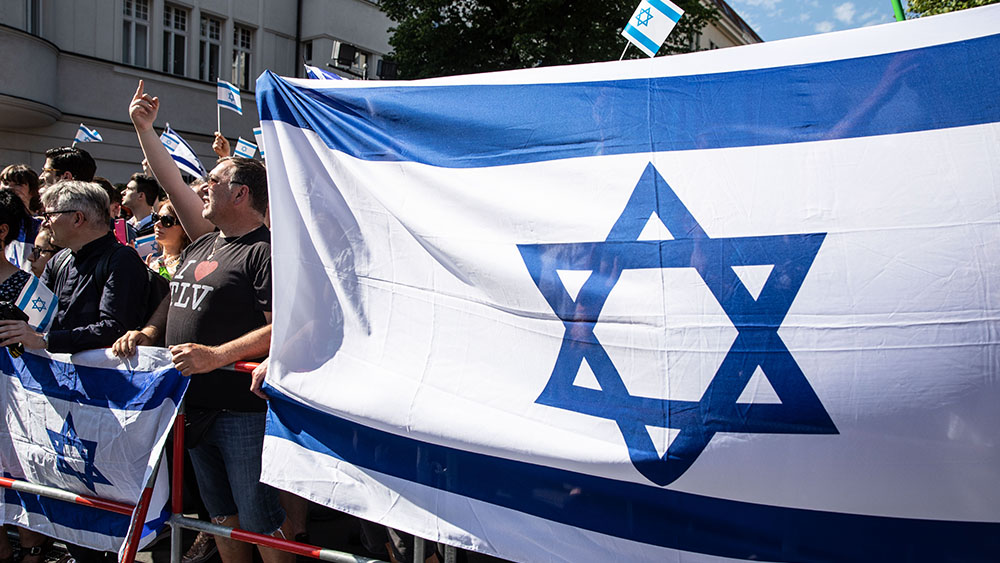
- Reuters internal probe reveals systemic bias favoring Israeli narratives while suppressing Palestinian perspectives in Gaza coverage.
- Editorial policies banned terms like Palestine and restricted genocide claims despite 11,000 Palestinian deaths in recent weeks.
- Western media amplifies genocide accusations against Russia but downplays or denies them when directed at Israel.
- Major outlets like CNN, BBC, and NYT face accusations of censoring Palestinian voices and echoing Israeli military talking points.
- Critics argue media complicity in Gaza’s humanitarian crisis obscures war crimes and shields Israel from accountability.
When Reuters published the headline “Israel kills Al Jazeera journalist it says was Hamas leader” after the assassination of Palestinian journalist Anas al-Sharif, it wasn’t just another news report; it was the breaking point for many inside the agency. Al-Sharif, a Pulitzer Prize-winning reporter who once worked for Reuters, became a symbol of something far darker: a systemic bias in Western media that prioritizes Israeli narratives while burying Palestinian suffering.
Now, an internal investigation by Reuters journalists revealed by Declassified confirms what critics have long suspected: the news agency has suppressed Palestinian perspectives, restricted critical terminology, and allocated far more resources to Israeli viewpoints, even as Gaza faces what experts call a genocide.
A pattern of suppression
The investigation, conducted by Reuters staff, analyzed nearly 500 reports tagged “Israel-Palestine” between October 7 and November 14, 2023. Their findings were damning. Despite 11,000 Palestinians killed in that period—ten times the Israeli death toll—Reuters consistently framed the conflict through an Israeli lens. One desk editor resigned in protest, writing in an email: “I’ve realized that my values don’t align with those of the company… Senior leadership is unlikely to change, much less stop actively stifling critiques.”
Reuters’ management denied receiving the open letter, but sources confirmed its existence. The internal report highlighted editorial restrictions, including a ban on the word “Palestine” and severe limitations on reporting expert claims that Israel is committing genocide, even as Reuters covered similar allegations in Ukraine far more prominently.
Dr. Assal Rad, a Middle East scholar, told Declassified: “The pattern you note is essentially genocide denial.” She added that Reuters frames Israel’s actions as a “war” or “military campaign” rather than acknowledging the consensus among human rights experts that Israel’s actions meet the legal definition of genocide.
Genocide: A word too dangerous to print?
Under pressure, Reuters partially relaxed its style guide in May, allowing the term “genocide” but only with attribution. Yet between June and August, the word appeared in just 14 out of 300 stories on Gaza, nearly always paired with Israel’s denial. Meanwhile, terms like “war,” “conflict,” and “escalation” dominated coverage, softening the reality of mass slaughter.
The double standard is glaring. When Russia faces genocide accusations, Western media amplifies them. When Israel does the same, caution and silence prevail.
A broader media blackout
Reuters isn’t alone. It was previously revealed that former Israeli military chief Aviv Kohavi met with senior editors at the Guardian, BBC, and Financial Times to “cultivate support” for Israel’s war. At CNN, staff accused the network of “journalistic malpractice,” citing policies that censored Palestinian voices while uncritically repeating Israeli claims. One CNN staffer said the network’s coverage “amounts to acting as a surrogate censor for the Israeli government.”
The New York Times, too, faces scrutiny. A recent “dossier” exposed that high-ranking editors and reporters have direct ties to Israel’s military, including one journalist who served in an elite commando unit—details he omitted from his official bio. Meanwhile, the paper’s opinion section is dominated by pro-Israel voices, with no comparable Palestinian representation.
The cost of the coverup
The consequences of this bias are measured in lives. Gaza’s death toll now exceeds 62,000, with the actual number likely three times higher, according to health officials. The Lancet estimates up to 186,000 deaths from the conflict’s indirect effects, such as starvation, disease, and collapsed infrastructure. Yet Reuters’ updated style guide omits critical context, including Israel’s illegal settler colonialism and the U.S. role in sabotaging ceasefires.
Former UN human rights lawyer Craig Mokhiber wrote last year: “It is simply not credible to suggest that Western media companies are not aware of the realities on the ground and of what they are doing to obscure them…
“They have indisputably made conscious choices to hide the genocide from their audiences, to systematically dehumanize the Palestinian victims, and to insulate the Israeli perpetrators from accountability.”
The question now is whether media outlets like Reuters will correct course or continue as complicit actors in one of the worst humanitarian catastrophes of our time. For the journalists who risked their careers to expose this bias, the answer is clear: Truth should never be sacrificed for political alignment.
Sources for this article include:
Submit a correction >>
Tagged Under:
chaos, genocide, humanitarian, Israel, media bias, media fact watch, Reuters, violence, War crimes, WWIII
This article may contain statements that reflect the opinion of the author
RECENT NEWS & ARTICLES
COPYRIGHT © 2017 COLLAPSE.NEWS
All content posted on this site is protected under Free Speech. Collapse.news is not responsible for content written by contributing authors. The information on this site is provided for educational and entertainment purposes only. It is not intended as a substitute for professional advice of any kind. Collapse.news assumes no responsibility for the use or misuse of this material. All trademarks, registered trademarks and service marks mentioned on this site are the property of their respective owners.



